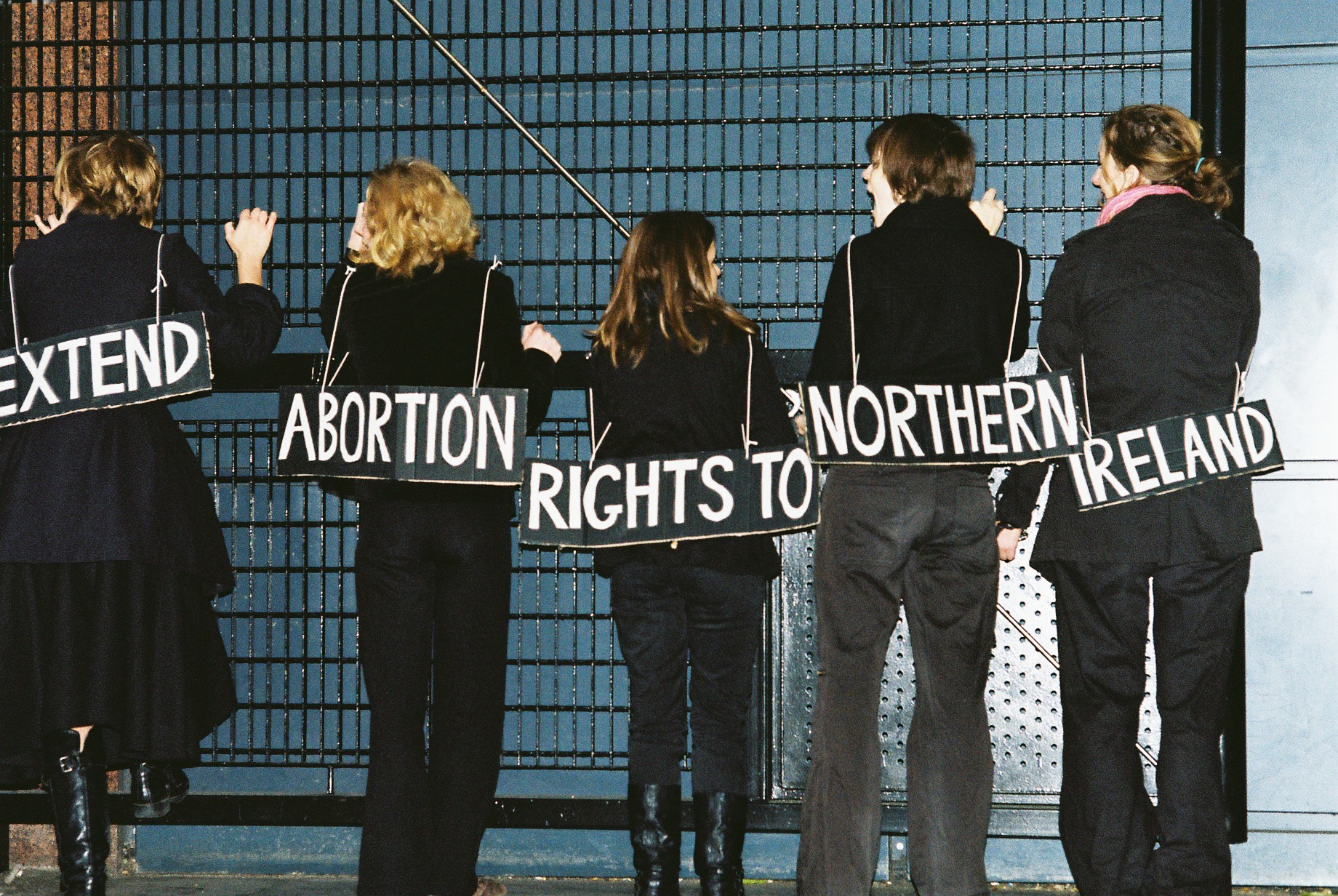The recent decisions of some American state law-makers have managed to turn the attention of the world’s liberal democracies away from the White House, with the astonished, wide-eyed gaze now upon some states’ antediluvian abortion laws. In Georgia and Alabama, the state legislatures have both passed laws that impose a near total ban on performing or receiving abortions, despite already having some of the most strict abortion laws in America.
Before these laws were enacted, the states just about met the standard set by the US Supreme Court (SCOTUS) in Roe v Wade and Casey v Planned Parenthood. Now, these states have intentionally violated this standard, in the expectation that the current, more conservative court, with its Trump appointees, will overturn Roe’s longstanding precedent. What is astonishing is that, whilst this debate rages, Northern Ireland quietly maintains retrograde abortion laws that would make most bible-belted states green with envy.
In Georgia, the new law criminalises abortion after six weeks, as well as imposing an even earlier prohibition if a foetal heartbeat can be detected. The law also extends the target of any prosecution, allowing state prosecutors to charge the woman seeking an abortion, as well as the person administering it. When this is coupled with the state granting legal personhood to the foetus, it means that any woman who sought to self-terminate could potentially be charged with murder, rather than procuring an abortion, and be exposed to the risk of a life sentence.
Alabama adopts an even higher standard, prohibiting abortion in nearly all circumstances, including where the foetus is a result of incest or rape. The law, which was passed by the State Senate’s Republicans 25-6 (the six dissenters were all Democrats) makes it a felony for a doctor to perform an abortion, with a conviction punishable by a sentence of up to 99 years. The only exception is for those instances where the mother’s life is at risk, meaning that for women who fall pregnant, regardless of their stage of pregnancy, the only options will be to find a doctor willing to perform a back street abortion, or to travel out of state, exposing women to the risk of dangerous medical practices or prohibitive financial costs.
What has been too easily overlooked is that part of the United Kingdom, Northern Ireland, has standards that are remarkably similar to those just passed in Alabama. There, whether the conception of the foetus has occurred through rape or incest, or even if the foetus is diagnosed with a fatal abnormality, abortion is banned. This means that any pregnant woman in Northern Ireland seeking an abortion must either have an abortion illegally or travel to either to mainland UK (or, astonishingly, the traditionally uber-Catholic Ireland), unless they can show that continuing the pregnancy poses a threat to their life.
This has created a two-tier system of rights-holders within the United Kingdom. Regardless of views on the legitimacy, or lack thereof, of abortion, it is clearly questionable as to whether women resident in Northern Ireland should be denied the same level of autonomy over their own bodies as those living in Great Britain. On the British mainland, an abortion is a standard medical procedure, as well as a right that can be broadly exercised at the discretion of the pregnant woman. Whilst the European Court of Human Rights has tended towards granting a margin of appreciation on the issue, the trend across all of the Western European states is to move away from an absolute prohibition, with a broad consensus on the legality of abortion, even in even the most conservative and Catholic of European states, such as Poland, Spain and Italy.
The legitimacy of the prohibition was recently challenged in the UK’s Supreme Court, where the Northern Ireland Human Rights Commission (NIHRC) argued that the absolute nature of the abortion ban violated a pregnant woman’s rights. The Supreme Court found that the position in Northern Ireland did violate Article 8, putting most women through the ‘stress, indignity and expense and indignity’ of an abortion away from their home and local support, forcing them onto a ‘humiliating “conveyor belt”’ experience. When this was coupled with the minority who are unable to have an abortion because of a lack of information or limited finances, a blanket ban, as Lord Mance wrote, ‘cannot be justified’. However, the Supreme Court refused to grant a declaration of incompatibility, on the basis that the NIHRC did not have sufficient standing to bring the case before the court.
In any event, it is likely that even had a declaration been made, it would have been just an ineffective. Whilst the Northern Irish parties are unable to reach a governing agreement, the National Assembly at Stormont is suspended. Instead, Northern Ireland is being governed by direct rule from Westminster, and any changes to the law on abortion would have to be imposed by the UK Parliament. Whilst there is undoubtedly a majority within the UK’s Parliament for such legislation, for such a significant social change to be forced upon the region would be politically noxious, and no sane prime minister would be willing to risk such a move, especially in today’s heightened political atmosphere.
Second, even when Stormont does finally sit, the issue of abortion was debated for five years before the Supreme Court’s decision to no avail, and in the intervening period of suspension, little has changed. It would be naïve to imagine, absent a significant shift in Northern Ireland’s political climate, that the National Assembly, and in particular, the DUP, would modernise their position on abortion. A declaration, whilst carrying some political weight, would have imposed no legal obligation on any of the UK’s legislatures to reform the law, serving only to slightly turn up the political temperature.
In the UK, we often look down our noses at America, decrying their more conservative voices as defenders of backward values and conspiracy theories, worryingly attached to their guns and inexplicably opposed to universal healthcare. Despite this, Northern Ireland’s reticence to modernise their abortion laws, in the vein of the most conservative of American states, has been able to fly for decades under the radar. The culture war currently being fought in America should be used to bring this iniquity to the fore of the UK’s political discourse, and to motivate politicians to rectify the long-standing violation of women’s rights in Northern Ireland.






